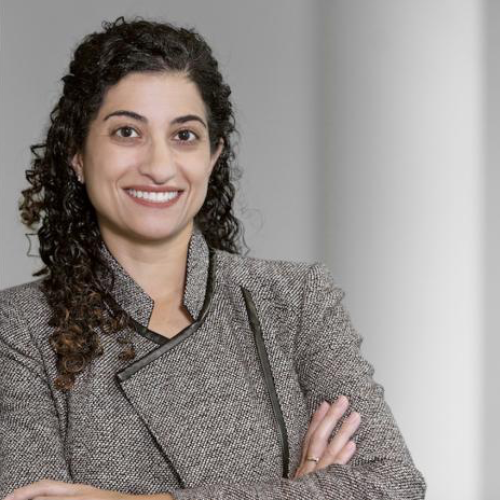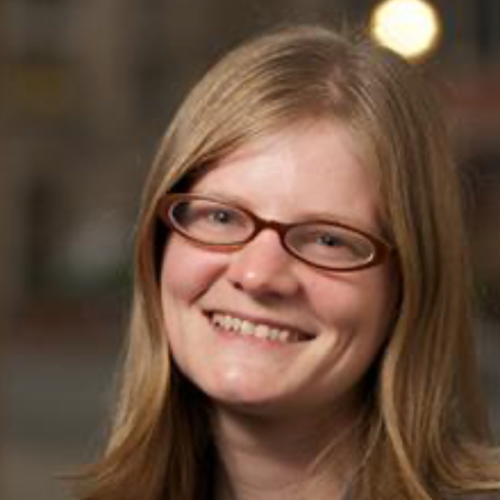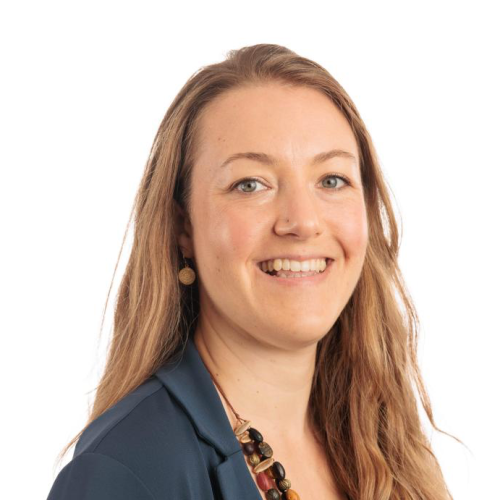Our Research Projects
The Power and Politics of Localization
In 2016, leaders at the World Humanitarian Summit committed to make humanitarian action as “local as possible, as international as necessary.” This policy commitment, known as localization, aspires to radically transform conventional models of humanitarian and development assistance where donors and international actors hold a great deal of power and influence in shaping humanitarian and development programming. This project aims to produce more nuanced understandings of how localization works by examining the relational, complex, and contextualized practices, processes and politics that produce different outcomes.
Outputs:
A special issue of Public Administration and Development on the Power and Politics of Localization co-edited by professors Jennifer Brinkerhoff and Maryam Z. Deloffre. This in-progress special issue features scholarly articles and practitioner notes that examine the relational dynamics and mechanisms of locally-led assistance. The following articles are already available on-line first and open access.
- Jennifer Brinkerhoff, "Toward a Framework for Understanding Localization in Its Institutional Context: A Systems Perspective for Incorporating Local Values." Read open access here.
- Haley Swedlund and Marie-Eve Desrosiers, "Localization Through Coordination? Implementing the Humanitarian-Development-Peace Nexus in the Democratic Republic of the Congo." Read open access here.
- Hans Peter Schmitz and George Mitchell, “A Framework for Understanding and Evaluating Localization: The Case of HelpAge International.” Read open access here.
- Catherine Herrold, "Bankrolling the Belgrade Bandits? Civil Society, NGOs, and Foreign Aid Localization in Serbia.” View here.
- Jeffrey Hallock, Jonathan Fox, and Nicholas Chen, “USAID's Locally-Led Development Agenda: Open Government and Independent Monitoring.” Read open access here.
Maryam Z. Deloffre, “Brokering Localization: Country-based Pooled Funds in Humanitarian Assistance.” Read open access here.
On February 22 and 23, 2024 the Humanitarian Action Initiative hosted a research conference on the Power and Politics of Localization, which was generously funded by the Hewlett Foundation.
Commentary
Deloffre, Maryam Z. (2023). “How Germany can make a more ambitious commitment to localization in its humanitarian strategy.” Berlin: Centre for Humanitarian Action (CHA).
Surveying the Humanitarian Ecosystem: Relationships in a post-USAID World
In this project, we seek to understand how relationships have changed in the humanitarian ecosystem following the US government’s withdrawal. Working with NGO partners, we will deploy a large-N multi-sited iterative survey, which will ask about changes in relationships along the policy cycle and supply chains, to capture the transformation and remaking of the humanitarian ecosystem. This project has received a seed grant from the Global Food Institute.
Interested in learning more? Contact the team at aidtrackproject gwu [dot] edu (aidtrackproject[at]gwu[dot]edu)
gwu [dot] edu (aidtrackproject[at]gwu[dot]edu)
Outputs:
“Surveying the Food Aid Ecosystem: Six Months Post-USAID.” Grady, Caitlin, Maryam Z. Deloffre, Erica Gralla, Sydney Pryor, Marcia Croft and Emilie Greenhalgh. October 2025. Washington, D.C.: Global Food Institute, The George Washington University.
Team
Greening Humanitarian Donorship: Analyzing Donor Commitments to Sustainability in Humanitarian Assistance
In this project, we seek to understand the spectrum of official aid agency positions on environmental sustainability in humanitarian aid and whether and how these positions have shifted given the United States’ withdrawal from foreign assistance. This project has received a seed grant from the Sustainability Research Institute.
Interested in learning more? Contact the team at greeningaid gwu [dot] edu (greeningaid[at]gwu[dot]edu)
gwu [dot] edu (greeningaid[at]gwu[dot]edu)








